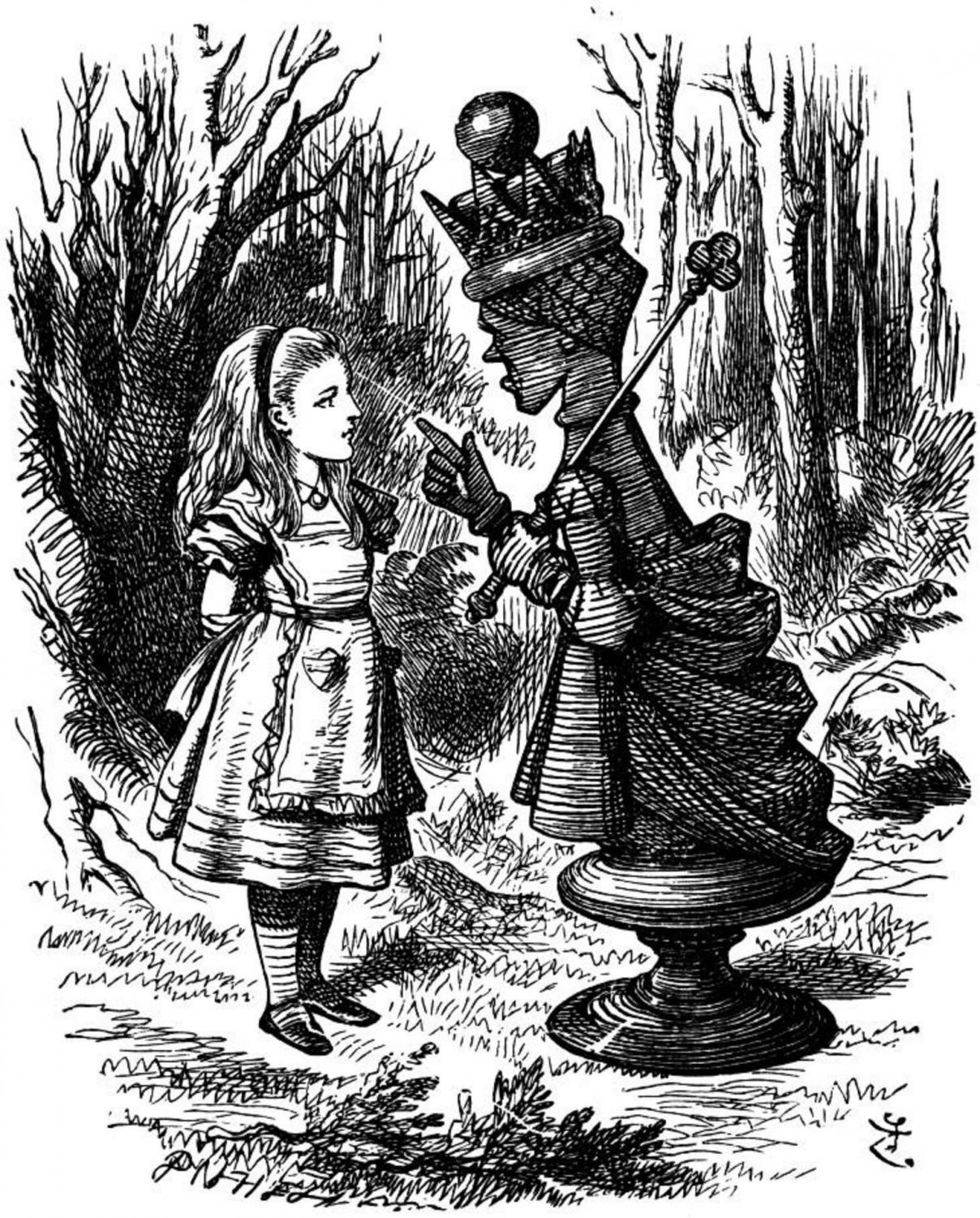This story was originally published in print on Oct. 4, 2018.
Happiness cannot be found by looking for it. You must look for something else, anything else. Just as Alice in her Adventure in Wonderland discovered, the quicker she ran toward the Red Queen, the more distant she became. It was not until she turned and ran away that she quickly found the Red Queen.
As Biola students, we come to this university to pursue a degree or a significant other—we can be honest in the opinions section—hoping that our time here will lead to our happiness. But we must be careful what we pursue. If we come looking for opportunities, we may leave happy, but if we come focused on looking for happiness, we will never find it.
THE THOUGHT EXPERIMENT
Happiness is too often confused as a type of life to be pursued, when instead happiness describes a life well-lived—we confuse happiness for an object instead of happiness being about an object.
Joel Feinberg, an influential social and political philosopher, writes in his essay “Psychological Egoism” that we should imagine a man named Mr. Jones.
Jones is a completely disinterested and unpassionate individual. He has no intellectual curiosity for physics or philosophy. He believes dancing is “coeducational idiocy,” politics “a fraud,” religion “mere superstition” and baseball as America’s most boring past-time. When presented with a painting of van Gogh, he does nothing more than cough. He is unimpressed by the tallest snow-capped mountains and remains unmoved by autumn leaves. He believes all the pleasures of the world and all, woes of our nations simply unamusing—except one.
Jones has one desire. He desires to be happy.
This seems to be the force of his “paradox of hedonism”—the paradox of the single-minded pursuit of happiness. How is it possible for Jones to be a happy individual if there is nothing he enjoys doing? Happiness seems to depend upon already enjoying something else.
CHRISTIAN HEDONISM?
It is tempting to imagine this thought experiment as a simple way to justify Christian hedonism—to only seek the pleasure found in material things. But confuses the entire point in two ways: it confuses self-gratification with gratification in other things and confuses what makes us happy with how we treat the things that make us happiness.
First, happiness is not self-gratification but gratification in other things. To pursue scenes of snow-capped mountains, or attend baseball games or spend time with a significant other is to enjoy things other than yourself. The source of enjoyment is not yourself because the object you enjoy is out there in the world.
And second, to argue that happiness consists in pursuing things in the world does not imply how we value those things. It is one thing to say that all there is to happiness is possessing good friends. It is quite another thing to say that happiness can be found amidst conversations with good friends.
As the Westminster Catechism says, “Man’s chief end is to glorify God, and to enjoy him forever.” We can find ultimate happiness, or enjoyment, because we can come into relationship with the ultimate thing—namely God. Happiness is not a thing itself to be pursued but the expression of what things we enjoy.
YOUR PURSUITS DETERMINE WHETHER YOU ARE HAPPY
At college, especially with midterms a few weeks away and all-nighters for finals following soon after, we will plead with ourselves, “I just want to be happy.” No, you do not want happiness. You want a pursuit you enjoy that gives you happiness.
Much of your college experience should be spent pursuing opportunities you enjoy. Enjoy late night conversations with friends or enjoy your professors who tell the same story every single class, enjoy learning a new skill or discovering a solution to a problem, but do not spend your time pursuing happiness. You will not find it. Happiness is not an object to be pursued but a condition of a life lived well.








